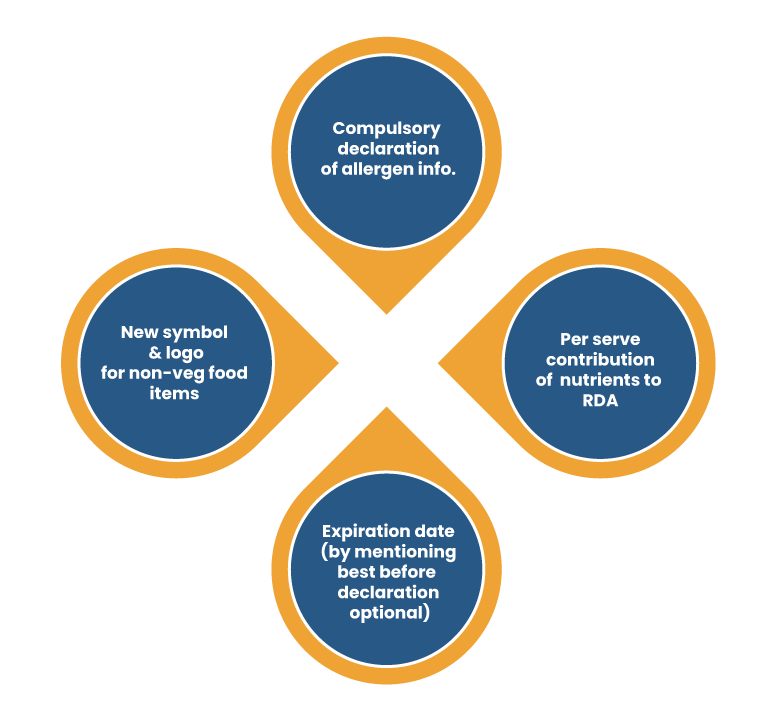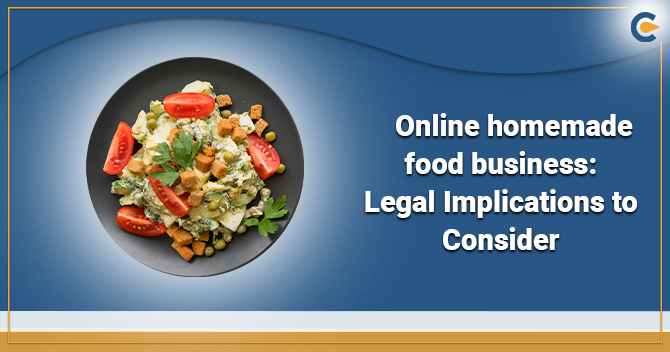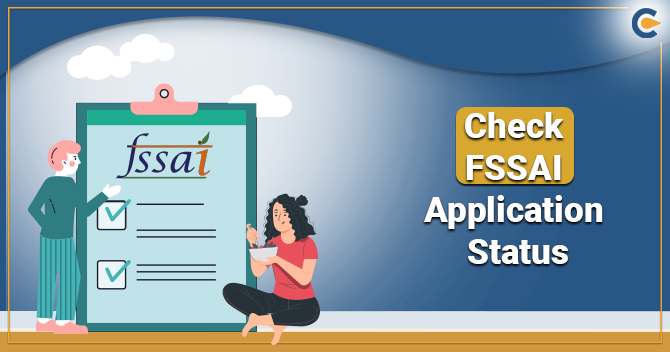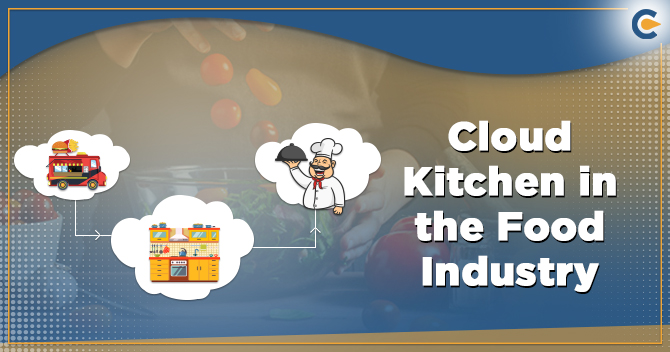The Online homemade food business is a revolutionized business model that seeks low investment and ensures higher profit. Presently, the food sector entails hundreds of entity that deals with this business model. More startups are looking forward to venturing into this business model due to the ever-rising demand for door-step food delivery. If you are about to enter the online homemade food business, you should get familiar with potential legal implications.
The prominence of FSSAI license in the online homemade food business
FSSAI food license is a mandate for all types of food business operators, including those that operate online. Businesses in the food sector are obligated to comply with FSSAI guidelines and have a relevant license at their disposal. FSSAI has inculcated various guidelines for food operators in view of the Food Safety and Security Act, 2006.
While the basic criteria for obtaining an food FSSAI license revolves around the annual turnover of the applicant, FSSAI, in some cases, also considers the following parameters for the issuance of food license
- Scope of operation
- Production Capacity
Presently, the issuance of the food license is done under three different heads as given below:
Basic registration: Entities having an annual turnover of less than Rs 12 lakhs are eligible for this license.
State FSSAI license: Entities whose yearly turnover falls underlies between INR 12 and INR 20 Crores must apply for this license.
Central FSSAI License: Entities whose annual earning is more than Rs 20 crores or that operates in more than one state needs to get this registration.
Since most startups engaged with online homemade food businesses have a smaller footprint, they need not obtain FSSAI State License or central FSSAI licenses to carry on their business operation.
Steps to get started with Online Homemade food business
- Before you initiate the business journey, you will conduct extensive market research to know about trending food items. Look out for the gap in the market that is yet to be filled by the rivals. By doing so, you can have a first-mover advantage over your competitors, plus you can expect prompt growth initial phase of your business journey.
- Locate the trusted vendors and suppliers who can deliver high-quality raw material on time. Also, you need to set up a brand-conscious packaging and labelling system that help boost your brand presence.
- Obtain FSSAI food license from an online portal called -FOSCOS
- Next, avail the Fire and Safety license and NOC from Fire Department. It is mandatory for all FBOs, including online operators leveraging kitchen to cater to customers’ orders.
- Get GST registration as soon as your business’s annual turnover surpasses underlying threshold limit as mentioned in the GST law.
- Get in touch with the respective health department and Municipality institution to get accustomed to applicable laws before you proceed.
- Next, decide whether you want to collab with online food aggregators or wish to set an independent delivery system. To join the online food aggregator, register on their portal and address the verification formalities.
- For setting up an independent delivery system, you will require setting up a team and a legit program that will record, manage, and track your orders in real-time.
- Launch a user-friendly website that systematically represents your offerings in front of the potential customers[1]. Avoid tagging your products with an unreasonable price tag as it would be inappropriate from the business’s standpoint.
- If your business supports online ordering, you might have to collab with a partner with a payment portal to ensure hassle-free transactions.
- Be proactive while dealing with branding and marketing aspects of your business and try out the latest methods to strengthen these vital facets.
- Harness the latest tech and methods to hone relationships with your potential customers. If possible, offer them lucrative deals as it could help improve your market presence.
- Lastly, capitalize on newer marketing strategies that help your brand thrives even in the most demanding situation.
Read our article:An Overview on How to Get License for Homemade Food Selling in India
How can online homemade food businesses apply for an FSSAI food license?
An applicant seeking an FSSAI food license for their business must visit the online portal, viz FOSCOS. First, you will need to create a new account on this portal to initiate the filing procedure. You can proceed with an e-form located on the home page once you entered the portal with new login credentials. To mitigate the hassle of paperwork and other requirements, you can also hand over filing chores to Corpbiz’s professional.
Here’s the list of documents to be uploaded on the FOSCOS portal
- 2 Passport Sized Photographs
- PAN Card of the food business operators
- Proof of premises’ ownership such as Property papers, Utility bills, Rent Agreement
- Incorporation certificate or AOA in case of a company
- List of food products offered by the online business to the end-users
- Declaration form
- Authority letter
- Water Test Report issued by the certified agency.
- Form IX: Nomination of a person by an entity attached with the board resolution.
An overview on recently introduced FSSAI labelling Requirements
Recently, FSSAI has introduced the new Food Safety and Standards (Labelling and Display) Regulations, 2020, that seek to alter the landscape of labelling regulations in the nation. The labelling prerequisites under the previous regulations have been appropriately revised, mitigating many issues created since its inception.
The new norms emphasised enabling end-users to make informed choices regarding purchases of packaged food items from online portals and restaurants. The new regime is set to come into effect from December 2021 except for a few norms, which are anticipated to be implemented a month later.
The new regime of food labelling comes with a host of new prerequisites, as mentioned below:


Under the new norms, even web-based businesses, including online homemade food businesses, are required to comply with mandatory labelling of food items rendered for sale via their platform with certain exceptions.
Conclusion
The online homemade food business is thriving rapidly in the current business landscape. Startups, in particular, are more inclined towards this business model, considering the sustainability it offers in the long term. Establishing an entry-level online food business doesn’t necessarily attract myriad legal compliances.
Read our article:Food License for Homemade Food Business: Is it mandatory?











